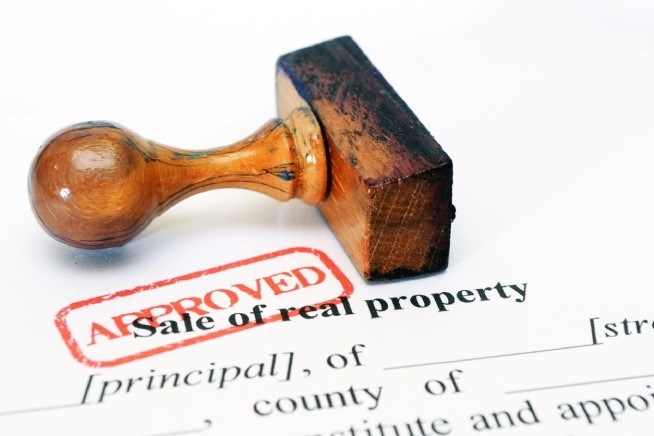
Home title fraud earned the “latest scam” label from the FBI back in 2008. Home title fraud (also known as “deed fraud”) is different from mortgage fraud. Title fraud occurs when someone obtains the title to your home through fraudulent methods. Then, the criminal tries to use your home’s equity to secure as many loans as possible. Homeowners can be completely unaware of this until the lender tries to foreclose on the home. It can take your real estate attorneys months to undo the damage.
Poniatowski Leding Parikh Reach Settlement in Southern California Title Fraud Case
PLP partner Kim Leding successfully settled a complicated case of title fraud that was set for trial involving a Southern California “quiet title action.” The fraudsters forged our client’s signature and the notary signature on a deed transferring our client’s real property into the thief’s name. This sophisticated scheme involved the title company, the lender and a stolen notary seal.
It turns out that the District Attorney was all too familiar with this scam. Criminals are perpetrating it in California in growing numbers.
Is This New Fraud a Real Threat to Homeowners?
Title fraud was once a rare crime, but the FBI now calls it a growing problem. In 2017, an estimated 9,600 victims lost over $56 million to title fraud schemes. With so much information available online and with so many more real estate transactions handled digitally, criminals find it easier to defraud homeowners, especially those who are not internet-savvy.
- Seniors often have a lot of equity in their home, but they may not be as up-to-date on internet protocols as their younger counterparts. This leaves them vulnerable to having their personal data stolen, which fraudsters use to access property records.
- Homeowners with second properties or real estate investments also fall victim to scammers. It is easier to miss bills or past-due notices on properties where you don’t live.
- County record offices are also often out-of-date technologically, leaving more gaps through which title thieves can slip.
In the case handled by PLP partner Kim Leding, the owner was the successor trustee of the trust created by her deceased mother. That trust was in the process of trust administration. This leads us to believe that recently deceased property owners are targeted by title fraudsters who find them by canvassing the public records and death notices.
How to Protect Yourself Against Deed Fraud
Homeowners and commercial property landlords need to stay vigilant to watch for scams against your home titles. This fraud is a type of identity theft, but title fraud is not usually covered by title insurance or identity theft warranties.
- There are agencies that you can pay to monitor your title. But many counties offer a free notification service in which you can receive notice through email or text if a document is filed against your property.
- You can also check your property record each year for any documents or loans you or your attorney didn’t file.
When you find something amiss, notify local law enforcement immediately to report the crime. You may want to get an experienced real estate attorney to confirm your ownership of your property.
Contact Poniatowski Leding Parikh Law Corporation for real estate legal advice. Our attorneys have over 50 years combined experience in real estate legal matters in Oakland, the East Bay, Pleasanton and the Bay Area.

